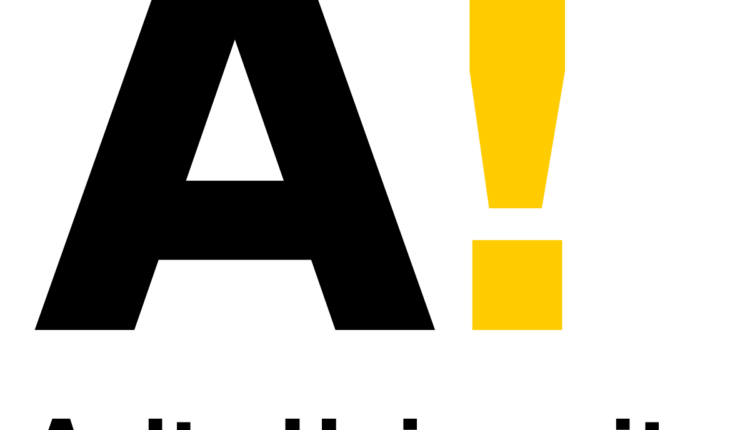Aalto University : Future of Work open online course launches
The Future of Work open online course has been designed as a starting point for understanding how work is changing and what the various implications of the change process for individuals, organizations and societies are. The course is assembled by faculty at Aalto University School of Business and it offers a curated collection of academic insight on the future of work in an easily accessible course format.
We are amidst the fourth industrial revolution that started already long before the pandemic. Making sense of the future of work can feel tricky in the middle of the more or less constant information overflow. This course provides an overview of how technological development during the ongoing fourth industrial revolution is changing how we work and the key implications of these changes on societal, organisational, and individual levels.
The course contents are based on academic research as well as recent reports by global organizations such as WEF and ILO and the learning materials are curated by Research Director of the Future of Work project Hertta Vuorenmaa, Professor Kristiina Mäkelä and Executive in Residence Juha Äkräs, all three from the School of Business. The Future of Work project has received funding from the Academy of Finland for four years (2019–2022) and it brings together multidisciplinary research on future work at Aalto University.
The change in work is rapid
‘Work has always been changing, change is now just faster than ever before and that is a new challenge. Work is not changing in a linear or black and white manner but rather the change processes are at different stages in different fields and different types of jobs. The relationship of work and time, work and place and work and employment is and has been changing for some time now and these processes create new challenges for individuals, organizations and societies. We all need to rethink our own work and skills and we need to focus on things like our ability and willingness to learn, our emotional intelligence and empathy skills, and our ability to think critically, we need to unpack “the box” we have placed work in for several decades,’ says Research Director Hertta Vuorenmaa.
Although change in itself is nothing new – work has always been changing – the current pace of change challenges how we work and organise. This course does not encompass everything you need to know about the fourth industrial revolution or work in the future. It offers a curated starting point to help you understand and contextualise the ambiguous set of ongoing changes that are often referred to as the future of work and challenges you to continue thinking.
A leap into the unforeseen takes courage
The Future of Work course is a self-directed study module. The course consists of five chapters, and each chapter has multiple sections. After each section, there is either a quiz or a reflection assignment to help reflect on what has been learned. The course material can either be read or listened to in a podcast format. Each chapter has a “must read” and a “good reads” reading list. To complete the course, the learner will have to complete all the quizzes and reflection assignments.
‘In a world of continuous learning, work and study overlap. Post-industrial work is learning. We are moving from a linear career development model to an agile and wavy multidisciplinary way of working. Work and learning are part of everyday life, and career changes are the rule rather than the exception,’ says Program Director Laura Sivula.
‘It is also essential to develop your anticipatory competences to help you deal with uncertainty and make sense of the changing world around you. Amid constant change, life-wide learning is a mindset that enables you to navigate through the future of work. The Future of Work course is a great starting point for developing that mindset,’ Laura Sivula continues.
The course is launched in English on 6th May 2021. A Finnish language version will be available from June 2021 onwards.

